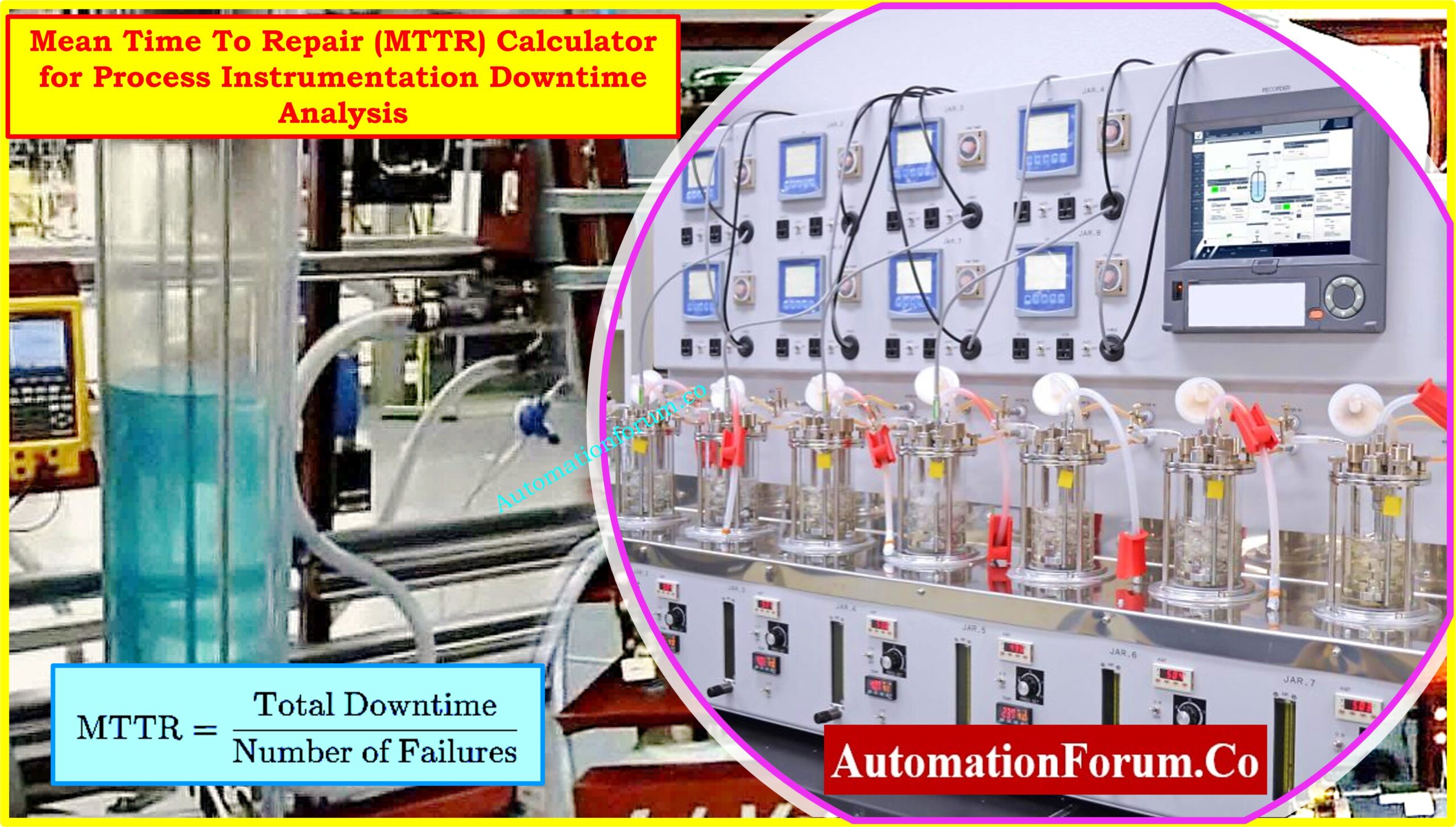What is a smart sensor and how is it different from a normal sensor
A sensor is a device that would create an electrical signal which is related to the quantity that is measured by it. So this device would measure the physical quantity and the measurement will be displayed by using an instrument. A smart sensor or an intelligent sensor is a device that has integrated electronics, and they are able to perform certain functions like, logic functions, two-way communications, and are capable to make decisions. These sensors are capable to measure the environmental data more accurately with less noise. Smart sensors are used for monitoring and to do the controlling mechanism in many industrial applications. Mostly a smart sensor has three important parts they are sensing element, signal processing part, and microprocessor. The major difference between smart sensors and a conventional sensor is that the smart sensor is faster than the conventional type and it is accurate too. Smart sensors are smaller in size than a normal sensor and they also consume low power.

What are the major functions of a smart sensor
- Information processing
- Compensation
- Communication
- Integration
- Validation
- Data fusion
Why smart sensor
- Self-calibration
- Communication
- Accuracy
- Computation
- Multi-sensing
- Cost-effective
- Quick response
- Low power consumption
- Remote diagnosis
Smart sensors are able to communicate and are capable to do multi-sensing a single sensor can measure pressure, temperature, etc. it is cost-effective and can provide accurate measurement and also it can be integrated into a network of sensors.
What are the features of a smart sensor
- Analog to digital converter
- Microcontroller with advanced features, mostly it would be PIC
- Sensor identification
- The information should be calibrated
- Data logging and real time clock
- Communication is done by using a serial bus
How to select a smart sensor
- It must be selected according to the self-calibration capability
- Accuracy
- According to the self-diagnosis ability
- It must be selected according to the information processing
- Area coverage
- Fault tolerance
- It can also be selected according to the ability to operate in harsh environment
- Reliability
- Service life
How do smart sensor work
Mostly these sensors would measure certain physical quantities like pressure, temperature, humidity, flow, etc. So these sensors would convert the analog input that it receives to a digital with the help of analog to digital converter. This converter would give the converter value to the processor. Smart sensors have memory to store data and programs.
SENSORS + INTEGRATING HARDWARE + Processor = SMART SENSOR
What are the types of smart sensor ( Types of sensors)
- Optical sensor
- Infrared detector array
- Accelerometer
- Integrated multi-sensor
- Bluetooth based smart sensor
What are the important components of a smart sensor
- Sensing/transduction element
- Amplifier
- Analog multiplexer
- Analog to digital converter
- Digital to analog converter
- Memory
- Processor
What are the applications of smart sensor
- Industrial applications
- Automotive
- Aerospace
- Defense
- Industrial
- Intelligent house
- Medical
- Environmental monitoring
- Flood and water level monitoring system
- Transport
- Traffic monitoring and controlling
- Precision agriculture and animal tracking
These sensors are used in aerospace because a lot of chemical sensing must be done. So the sensing will be done for space vehicles and in aircraft operations. In certain industrial sectors, there would be a harsh environment so humans won’t be able to work properly in these environments so we can use smart sensors for harsh industrial environments. These sensors can also be used as imaging sensors. It is also used as Nano-sensors for certain fields like communication, transportation, medical, etc. Many bio-sensors are smart sensors, biosensors are used in many fields like medical, health care, and environment…
What are the advantages of a smart sensor
- System operation will be very quick, due to the decrease of load in the central control system
- Reduction of cost and maintenance
- These sensors use the serial bus so the need for connecting wires is reduced and because of this size and cost will reduce too
- It has high accuracy because of the digital control system
- The setpoint and calibration of the sensors can be changed easily from the central control computer
- These sensors can be integrated into a network of sensors
- Auto-correction
- Compact in size





